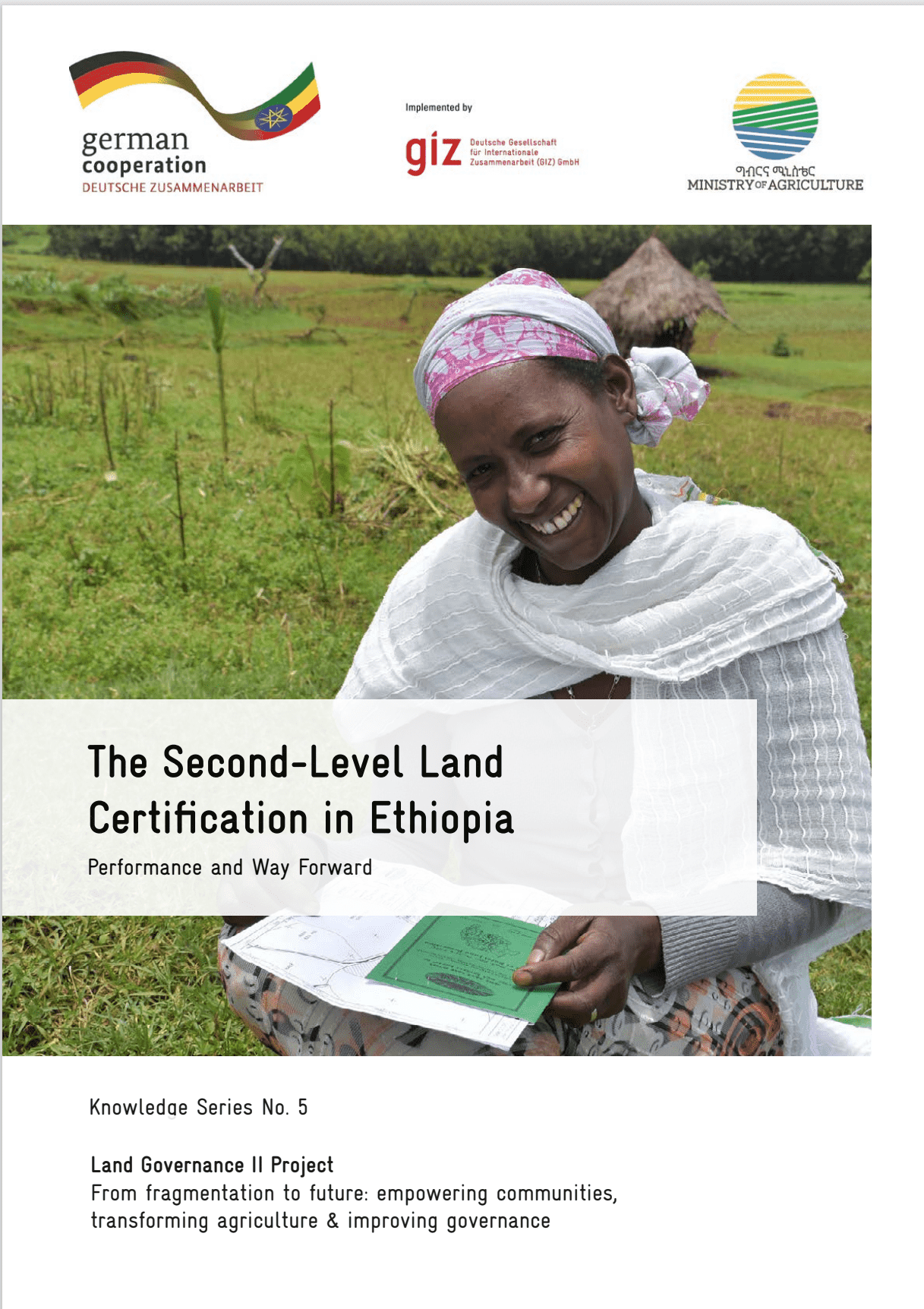Spatial Analysis Of Land Disputes In The Ashanti Region
Context and Background: Land is an important resource for human survival as well as that of other living organisms. Despite its importance, there are many problems that come with its management. There are increasing controversies and disputes over the ownership, access, and use of land. This is due to the increase in land demand, owing to factors such as population growth, urbanization, and food security. Land disputes in the Ashanti Region have drastically escalated recently as a result of these factors.



